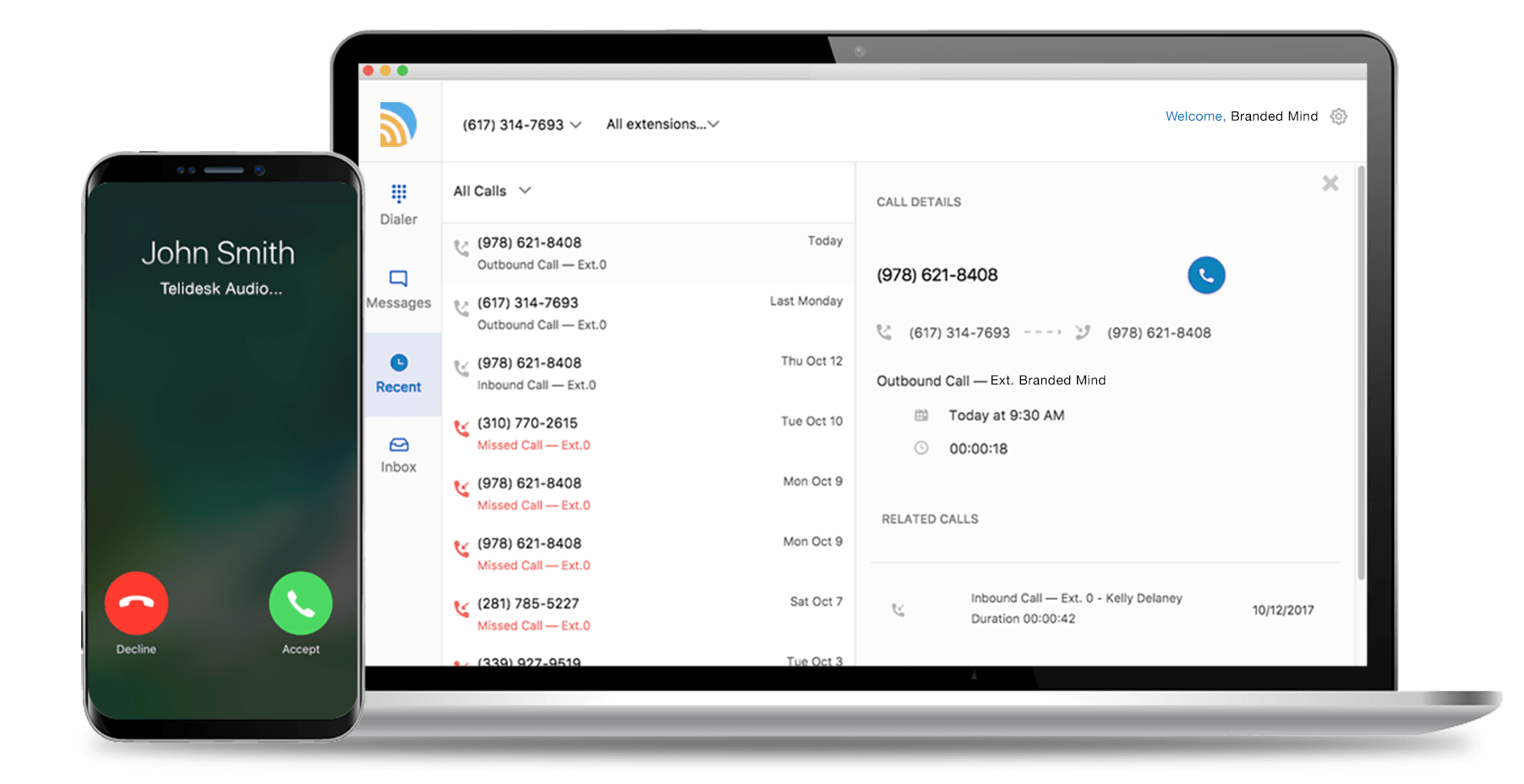At TeliDesk, we eliminated all the friction points that most business hate when dealing with the phone companies.
However, when engaging with a VoIP provider like TeliDesk, it's still important to ask specific questions to ensure that their services align with your business requirements. Here are some tailored questions that you might consider asking Telidesk and our competitors:
- Service Customization:
- How customizable is your VoIP service to meet our specific business needs?
- Can we tailor features and settings according to our preferences?
- Support for Growth:
- How easily can VoIP service scale as our business grows?
- Are there any limitations on the number of users or extensions?
- Unique Features:
- What unique features does your service offer that differentiate it from other VoIP providers?
- Are there any innovative tools or functionalities that can enhance our communication?
- User-Friendly Interface:
- How user-friendly is the system for both administrators and end-users?
- Is training provided, and how quickly can our team adapt to the new system?
- Security Measures:
- What security measures do you have in place to protect against potential threats?
- How is data encryption handled within the VoIP service?
- Cost Transparency:
- Can you provide a breakdown of the pricing structure, and are there any hidden fees?
- Is there flexibility in pricing plans based on our usage patterns?
- Mobile Accessibility:
- How well does your VoIP system support mobile devices, and are there dedicated mobile apps?
- Is there any additional cost associated with mobile integration?
- Customer Feedback:
- Can you share any success stories or feedback from current customers?
- How have you addressed challenges or issues raised by its users?
- Upgrades and Maintenance:
- How are system updates and maintenance handled, and what level of disruption can we expect?
- Is there a schedule for introducing new features or improvements?
- Contract Flexibility:
- What are the contract terms with your service, and is there room for negotiation or flexibility?
- Are there any penalties for modifying or terminating the contract?
- Disaster Recovery and Redundancy:
- How do you ensure continuity in the event of network failures or disasters?
- Are there redundant systems in place to minimize downtime?
By asking these questions, you can gain a more detailed understanding of how VoIP services align with your business needs and ensure a smooth integration into your communication infrastructure.

The difference between an IP phone, softphone, WebRTC, and an analog adapter lies in their form and function. An IP phone is a physical device that uses the internet for calls, a softphone is a software application allowing voice and video calls, WebRTC is an open-source project enabling real-time communication within web browsers, and an analog adapter bridges traditional phones to VoIP networks. Each technology offers unique features, from hardware connectivity to software flexibility, catering to diverse communication needs




